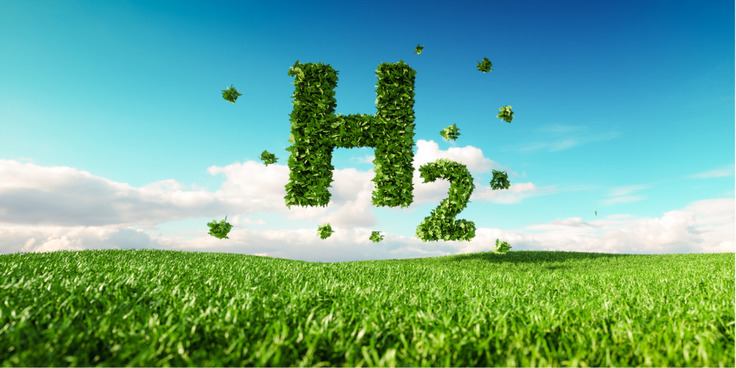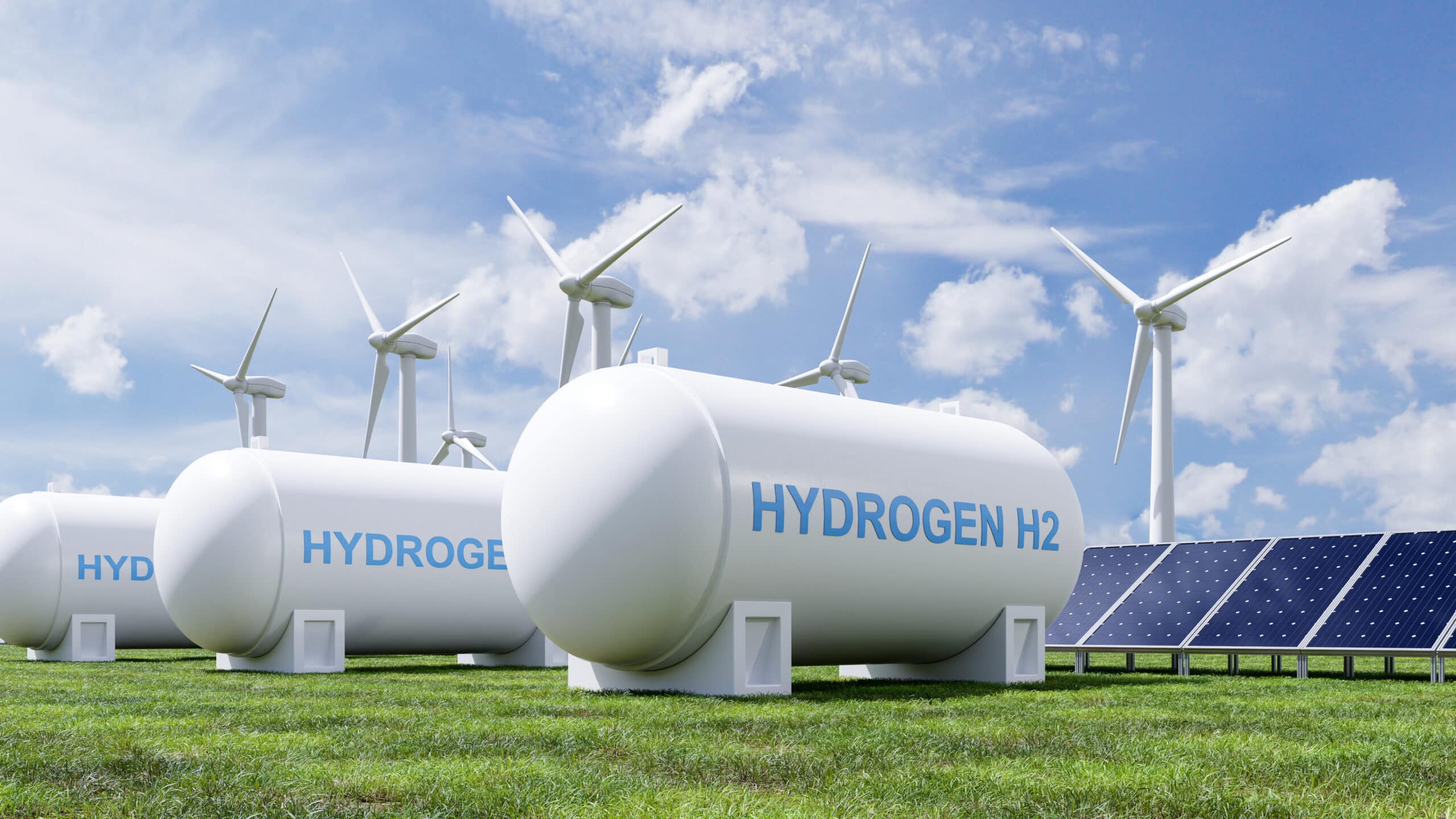Brussels – Hydrogen, or the unsustainable sustainability of the European Union: the energy security policy, coupled with the need to be free from fossil fuels responsible for pollution and greenhouse gas emissions, risks producing undesirable effects with repercussions not only on the environment but also on society. Asking third countries to produce the H2 that the EU feels the need for implies aggravating an already precarious situation, especially with regard to water security.
Highlighting a European action taken “hurriedly in the wake of Russia’s invasion of Ukraine” is Transport & Environment (T&E), the group of sustainable non-governmental transportation organizations, through a study devoted to hydrogen policies.
The EU is mainly turning to six countries for its needs between Europe (Norway), South America (Chile), Africa (Egypt, Morocco, and Namibia), and the Middle East (Oman). While seeking partners, however, the EU is producing far-reaching side effects. Especially concerning access to water. To generate the 2.6 million tons of H2 expected to be exported to the EU in 2030, “between 55 and 80 million tons of water, the equivalent of 32 thousand Olympic swimming pools each year, would be needed.” Hence, according to the report, all countries surveyed, except Norway, “will face significant water shortages in the decades ahead.” This is because “while the water required for H2 production appears relatively low compared to current water uses in the selected countries,” such additional water consumption “would occur in a context where most of the countries studied face increasing water scarcity problems.” Specifically, these countries “already suffer from the effects of climate change, such as mega-droughts in Chile, low recharge rates in Morocco, and seawater intrusion in Oman.”
Requiring these countries to tap into increasingly less available water also has practical repercussions, resulting in men and women marching in search of increasingly rare basic resources. In other words, new migratory flows, with resulting political implications for an unwelcoming Europe. The European Union, by its actions, risks exacerbating a phenomenon — that of climate refugees — that is already very much present in the political debate and the object of studies.
The study for T&E assumes the use of desalination. Making seawater fresh to avoid drawing on potable water resources is certainly an option, but not without its unknowns. Desalination plants are energy-intensive, requiring a great deal of consumption. In addition, the technology “could face environmental challenges if brine residues were released into the ocean, putting pressure on biodiversity and thus local populations.”
The import route from these countries, therefore, does not seem sustainable environmentally and socio-economically. Especially since the EU, at this time, does not seem to have a real need for the partners that are being studied. “Europe could produce between 6 and 7.5 million tons of renewable hydrogen by 2030 at the national level,” according to the analysis produced on behalf of Transport & Environment (T&E). Focusing actions and policies for production in the EU “would be sufficient to meet the continent’s needs if the supply of hydrogen and electronic fuels were limited to sectors that have few other alternatives such as shipping, aviation, and fertilizers.”
Geert Decock, head of Electricity and Energy at T&E, warns that “a reality check is as necessary as ever.” There is too much insistence on an economic and industrial policy option that is not sustainable under current conditions. “Most countries that Europe relies on for imports are not at all ready to increase production.”
English version by the Translation Service of Withub

![Il direttore generale di Eurofer, Axel Eggert [foto: Eurofer]](https://staging.eunews.it/wp-content/uploads/2024/01/Axel-4-350x250.jpg)




